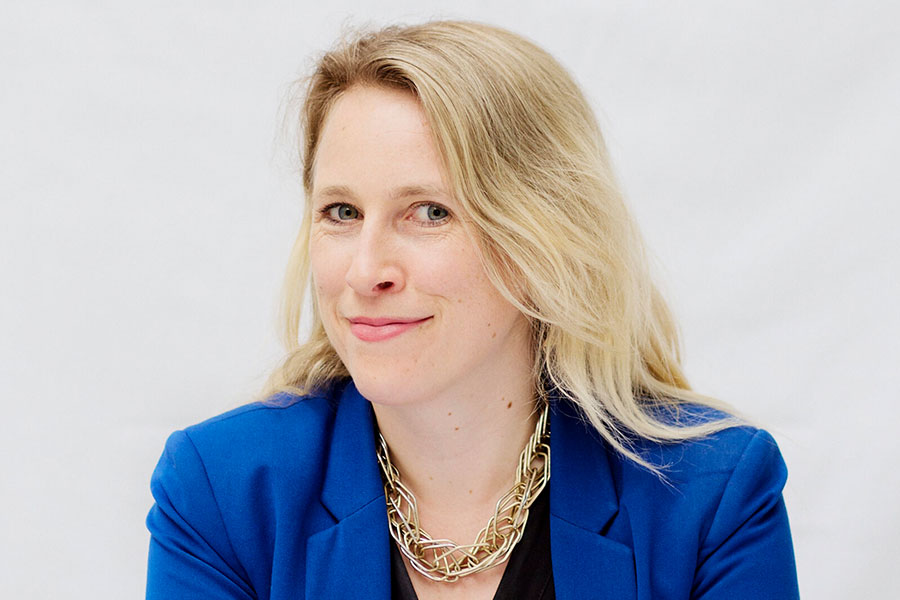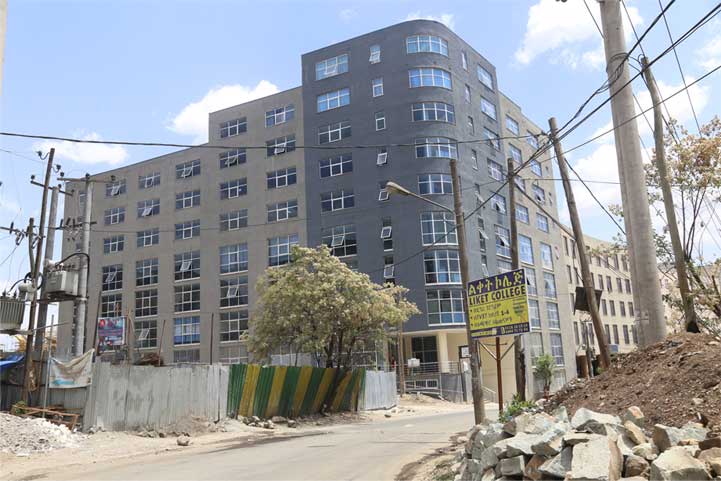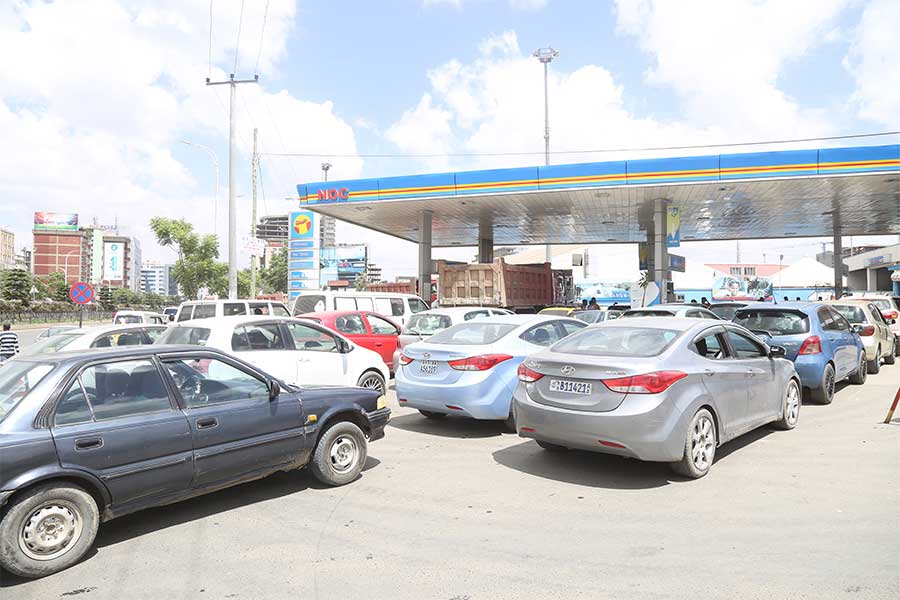
Radar | Jun 29,2025
Federal authorities have put dozens of towns alleged to be hubs for contraband fuel trade under a quota-based distribution regime following a study by the Ministry of Trade & Regional Integration that revealed a runaway illicit trade.
Jigjiga, Gode, Togochale and Dega Habur in Somali Regional State and Moyale, Shakiso, Yabelo and Negele Borena in Oromia Regional State are some of the 31 towns the Ministry identified as centres for illicit cross-border trade in petroleum products to Kenya and Somalia. In Ethiopia, federal subsidies on fuel retail make gas station prices among the lowest globally, even after the record-high increase enacted last month. A litre of benzene is sold for 31.74 Br, and diesel goes for 28.94 Br. In neighbouring Kenya, a litre of benzene retails for a little over 1.1 dollars (around 55.6 Br at official exchange rates).
Ethiopia imported 3.2 million tonnes of benzene, diesel and kerosene at the cost of 72 billion Br last year. This marks a 139pc increase from import volumes recorded a decade ago. The federal government plans to distribute 2.9 million litres of benzene and 9.2 million litres of diesel daily this year.
The contrasting prices with markets in neighbouring countries have offered a lucrative prospect for profit through cross-border contraband trade, causing irregularities and disruptions in domestic fuel distribution. Officials of the Ministry claim that fuel consumption is much higher in areas and towns bordering these countries than can be explained by traffic volume and local economic activity.
The Somali Regional State accounted for 11pc of the 858 million litres distributed between September and November last year, despite hosting less than 6.5pc of the gas stations in the country.
Close to 42 oil companies distribute petroleum and lubricant oil through 1,300 pumping stations. The highest share of 400 is in the Oromia Regional State, followed by the Amhara and Southern regions. Addis Abeba has 154 pumping stations.
The Ministry's study reveals that although the number of gas stations in the Amhara regional state (240) is far higher than in the Somali region (81), the latter claimed a larger volume of fuel distributed. Oromia received 29pc of the diesel distributed while the capital, where half of the 1.3 million vehicles in the country are registered, accounted for 27pc.
The study concedes the high share of Addis Abeba is justifiable due to economic activities and higher traffic. However, it raised concerns about the figures from Somali Regional State. Jigjiga town, a seat of the regional administration, had a year-on-year growth of benzene supply at over 200pc between September and November last year. Diesel registered a staggering 395pc.
A deeper look into other urban areas in the region revealed similar trends. The 26 cities included in the study exhibited an average year-on-year supply growth of 140pc for benzene and 169pc for diesel. Some places, such as Fafen and Shebele Gode saw jumps of 1,000pc and 2,600pc, respectively.
Though the study uncovered towns in southern Oromia Regional State saw increasing demand, the figures are far lower than in the Somali Regional State. The Ministry found that benzene supply grew by close to five percent while diesel showed a five percent decline in 11 towns in Oromia. But supply in some areas is disproportionate to economic activities, while a field study identified signs of illicit trade in these areas.
The Ministry has imposed a quota regime for 22 towns in Somali Regional State on petroleum supply and nine in southern Oromia Regional State. These towns have 124 gas stations and will receive 851 truckloads of diesel and 284 benzene every three months. The quota is based on a three-month period from 2020, which saw 700 truckloads of diesel and 360 trucks of benzene distributed in the areas. Between September and November last year, the figures stood at 1,638 and 590 trucks carrying diesel and benzene, respectively.
A single truck can carry up to 46,000 litres of fuel.
The Ministry has outlined the quota for each town and the fuel volume to be supplied by each gas company based on the number of stations they cater to.
For Ephrem Tesfaye, board member of the Petroleum Dealers' Association, the measure is long overdue and appropriate. He observed that there had been incidents where residents in these areas could not buy fuel due to the ongoing contraband trade.
"Self-regulation from the side of oil companies will further support the government's efforts," he said.
Others have differing views. The quotas will affect oil companies that have spent millions to construct gas stations, says Bruck Girma, general manager of Dallol Oil. Erecting a gas station may cost up to 20 million Br.
"The profitability of a fully-operational station in good shape might be affected since the profit margins are slim," he said.
The Petroleum & Energy Authority has been assigned the role of developing a weekly distribution plan to be revised every three months, evaluating the implementation of the distribution and taking administrative measures on companies failing to comply. Penalties may include permit revocation.
The directive outlines that petroleum companies have to report the volume of fuel they supply daily to the Authority.
Serkalem Gebrekristos (PhD), an expert in the petroleum supply business, applauds the measures against contraband fuel trade, which he says has been a prevalent practice for years. However, the expert cautions the quota regime can only be effective with adequate enforcement.
"The traders will leave no stone unturned to beat the system," he said. "A rigorous and coordinated effort is necessary."
PUBLISHED ON
Jan 22,2022 [ VOL
22 , NO
1134]

Radar | Jun 29,2025

Fortune News | Sep 08,2019

Radar | Mar 11,2023

Commentaries | Sep 02,2023

Fortune News | Mar 28,2020

Agenda | Mar 11,2023

Radar | Apr 08,2023

Radar | Aug 20,2022

Fortune News | May 11,2019

Covid-19 | Apr 04,2020

Dec 22 , 2024 . By TIZITA SHEWAFERAW
Charged with transforming colossal state-owned enterprises into modern and competitiv...

Aug 18 , 2024 . By AKSAH ITALO
Although predictable Yonas Zerihun's job in the ride-hailing service is not immune to...

Jul 28 , 2024 . By TIZITA SHEWAFERAW
Unhabitual, perhaps too many, Samuel Gebreyohannes, 38, used to occasionally enjoy a couple of beers at breakfast. However, he recently swit...

Jul 13 , 2024 . By AKSAH ITALO
Investors who rely on tractors, trucks, and field vehicles for commuting, transporting commodities, and f...

Oct 25 , 2025
The regulatory machinery is on overdrive. In only two years, no fewer than 35 new pro...

Oct 18 , 2025
The political establishment, notably the ruling party and its top brass, has become p...

Oct 11 , 2025
Ladislas Farago, a roving Associated Press (AP) correspondent, arrived in Ethiopia in...

Oct 4 , 2025
Eyob Tekalegn (PhD) had been in the Governor's chair for only weeks when, on Septembe...